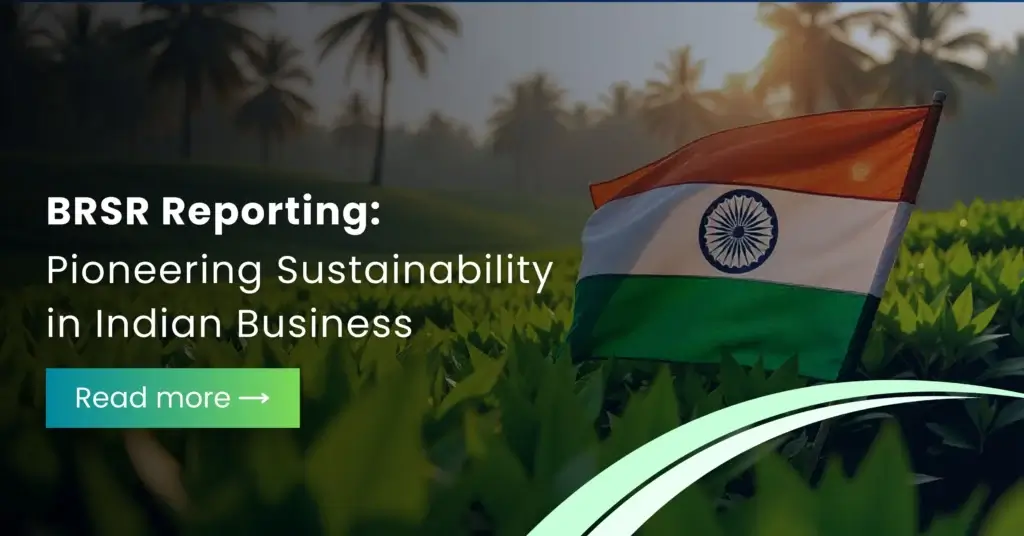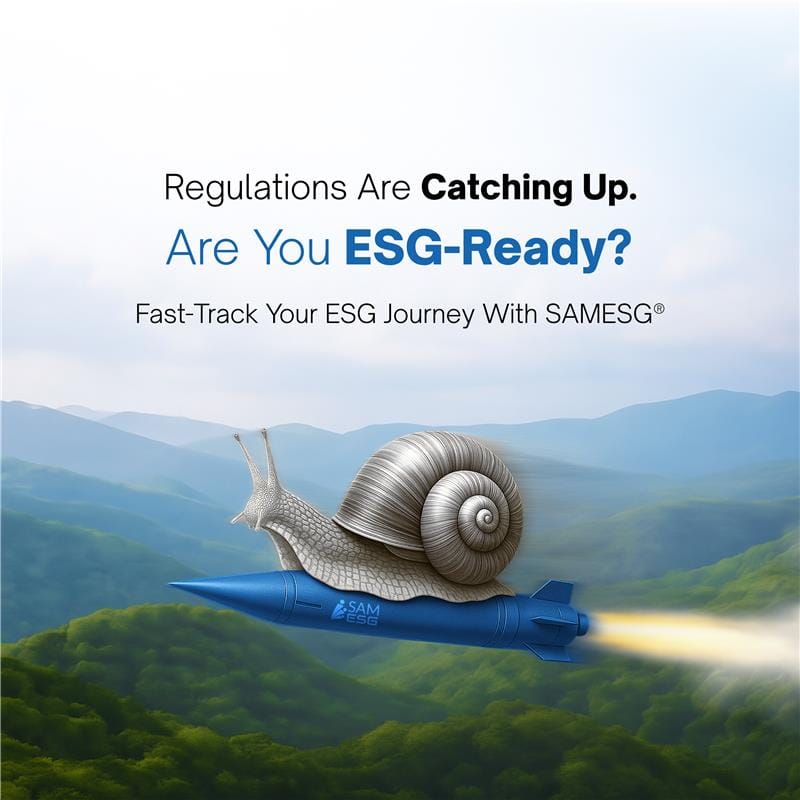As businesses worldwide pivot toward responsible and sustainable practices, Indian...

Latest News & Updates
Think Beyond Today. Invest in a Sustainable Tomorrow with SAMESG® Reporting



As sustainability claims surge across industries, the need for regulatory guardrails has never been greater. Yet, just when the European Union’s Anti-Greenwashing Regulation was expected to set the tone, the EU surprisingly decided to shelve its much-anticipated Anti-Greenwashing Regulation (AGR), originally planned for late 2025. The regulation, aimed at standardizing claims around sustainability in marketing and ESG reports, was expected to set up enforcement mechanisms for misleading environmental claims.
The decision was arrived at primarily because of the “overlapping mandates” and “lack of readiness among member states,” according to EU officials. The AGR was intended to strengthen investor and consumer confidence in sustainability claims and to support the Green Claims Directive.
Without a unified law, the burden now shifts back to national regulators and existing frameworks such as the CSRD, the Taxonomy Regulation, and voluntary assurance mechanisms to prevent greenwashing.
While shelving the AGR may temporarily ease regulatory pressure, it places greater responsibility on companies to lead with integrity. In the absence of standardized enforcement, businesses must proactively uphold transparency through verifiable ESG metrics, third-party validation, and consistent reporting. Investor expectations remain high, and with growing public awareness around greenwashing, scrutiny will increasingly come from consumers, partners, and watchdog organizations.
The decision to pause the Anti-Greenwashing Regulation doesn’t remove the urgency around honest ESG communication. In fact, it heightens the need for companies to self-regulate, validate their claims, and invest in robust ESG data and auditability. Reputational risk from greenwashing is still very real, even without formal EU penalties in place. Let’s take this as an opportunity to lead with transparency and responsibility.
Read the latest insights, case studies, and white papers from our FinTech experts.